Rausser College of Natural Resources welcomes six new faculty members this academic year. The College looks forward to their contributions to our community—from groundbreaking research to excellence in teaching. Welcome to UC Berkeley!
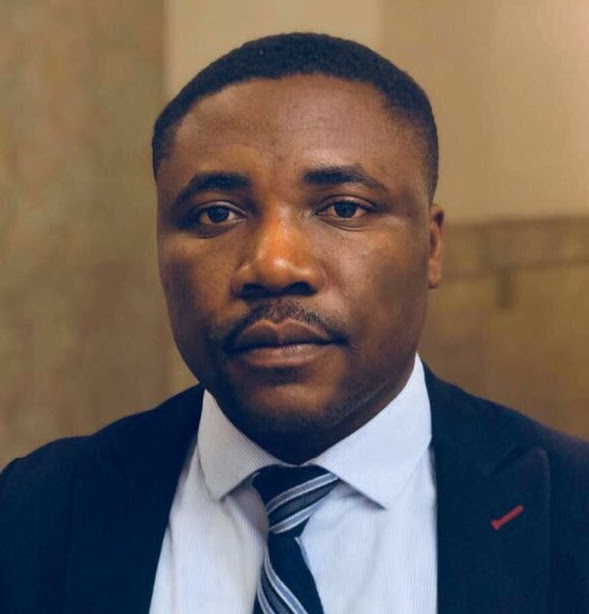
Photo courtesy of Francis Annan.
Francis Annan
Department of Agriculture and Resource Economics
Francis Annan blends applied microeconomic theory, development economics, and empirical analysis to study digital financial markets; insurance; and firms in sub-Saharan Africa, India, and the United States. He is the scientific lead and co-chair of the Retail Finance Distribution (ReFinD) Research Initiative—a Bill and Melinda Gates Foundation-backed initiative that aims to deepen digital financial inclusion among vulnerable and excluded populations across low- and middle-income countries (LMICs)—at Ghana’s Institute of Statistical, Social and Economic Research. He is also an affiliate of the Abdul Latif Jameel Poverty Action Lab at the Massachusetts Institute of Technology. Annan received his master’s and PhD in Sustainable Development from Columbia University. Prior to joining the Department of Agricultural and Resource Economics as an assistant professor, Annan was a faculty member at the J. Mack Robinson College of Business at Georgia State University.
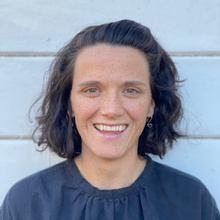
Photo courtesy of Kristin Dobbin.
Kristin Dobbin
Department of Environmental Science, Policy, and Management
Kristin Dobbin will join the Department of Environmental Science, Policy, and Management (ESPM) this fall as an assistant professor of Cooperative Extension focused on water justice policy and planning. She comes to Rausser College from UC Los Angeles’ Luskin Center for Innovation, where she was an NSF postdoctoral fellow. Dobbin pairs her love for rural communities, community natural resource management, and environmental justice organizing with a strong belief that research can and should play an important role in advancing policy. She hopes to empower community water managers and impacted residents as leaders and experts in conversations surrounding water management and access. Dobbin earned her PhD in Ecology with an emphasis in environmental policy and human ecology from UC Davis. Prior to graduate school, she worked for Community Water Center—a grassroots environmental justice organization that advances community-driven solutions for water justice in the Central Valley.
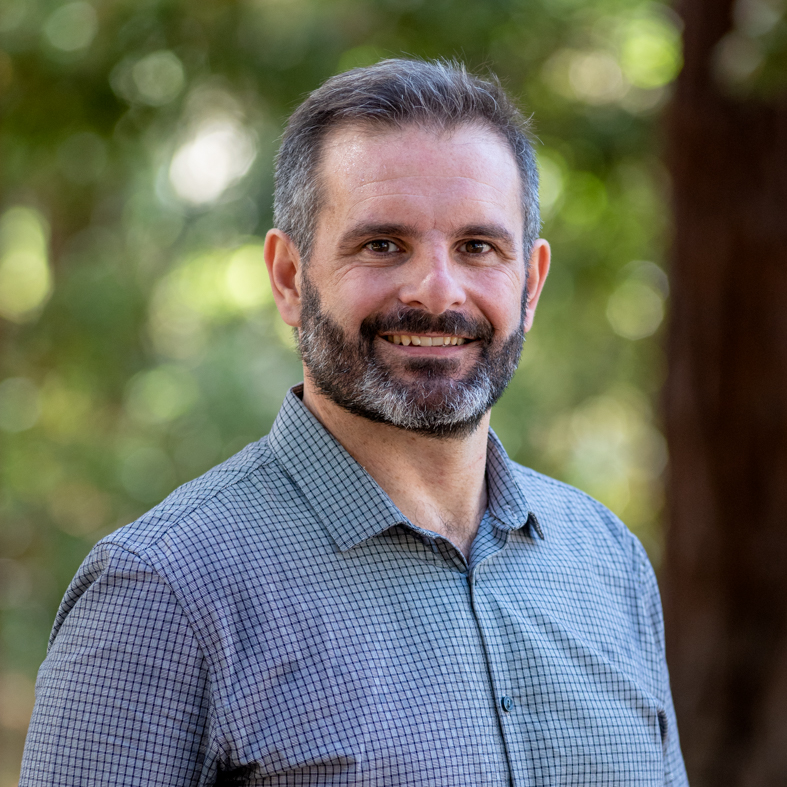
Laureano Gherardi
Department of Environmental Science, Policy, and Management
Laureano Gherardi is a global ecosystem ecologist who combines manipulative experiments with ecological data synthesis at multiple temporal and spatial scales to advance our understanding of how interacting Global Change stressors such as climate change, land use change, and nutrient deposition affect the functioning of grassland ecosystems. Specifically, he is interested in the effects of resource availability variance on belowground processes that determine overall ecosystem responses. Gherardi carries out his research with justice, diversity, and inclusion issues in mind and hopes land managers and decision-makers will apply his findings to achieve a sustainable future for high-value grassland ecosystems. Gherardi earned his master’s and PhD in Biology at Arizona State University. Before joining ESPM as an assistant professor in January, he worked in ecosystems ranging from the Patagonian Steppe in southern Argentina to the Great Plains in the USA, and coordinated global experiments and ecological synthesis groups.
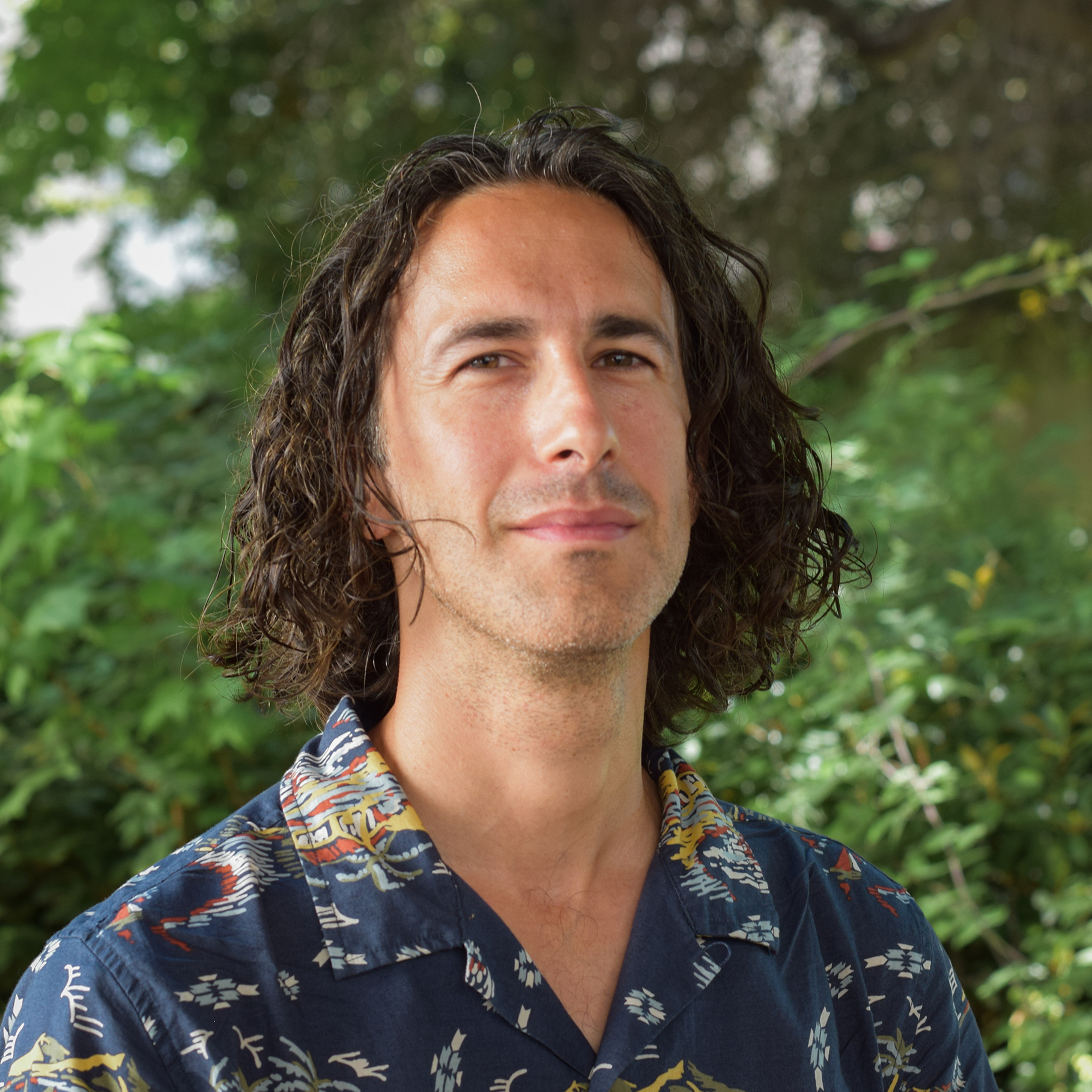
Aaron Leichty
Department of Plant and Microbial Biology
Aaron Leichty joins the Department of Plant and Microbial Biology as an assistant adjunct professor and new principal investigator at the Plant Gene Expression Center (PGEC), an agricultural research station run in collaboration with the U.S. Department of Agriculture. His PGEC laboratory examines developmental age (maturation) and leaf morphogenesis in woody plants like poplar, citrus, almond, and the Australian acacia—a method popularized by the late PMB professor Don Kaplan. Leichty hopes to identify and manipulate the mechanisms that control maturity in plants, a method that may help improve crop survival in hot, arid climates. He earned his master’s in Biology from the University of North Carolina at Chapel Hill and completed his PhD at the University of Pennsylvania. Leichty most recently worked as a postdoctoral fellow in the lab of UC Davis Professor Neelima Sinha, who earned her PhD in Botany from UC Berkeley in 1990.
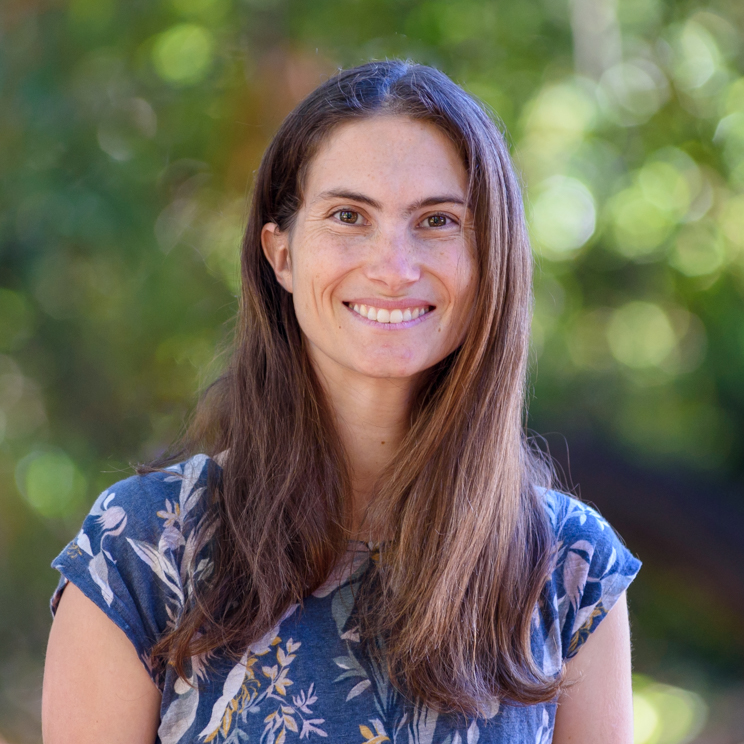
Miranda Redmond
Department of Environmental Science, Policy, and Management
Miranda Redmond, BS ‘09 Environmental Science, focuses on understanding the effects of climate and disturbances on forest dynamics as a way of informing land management decisions. She investigates forest regeneration after drought- and beetle-induced tree mortality, how forest composition and structure will shift under a changing climate, and the short- and long-term impact of management practices on understory vegetation and forest structure. Her research employs a variety of techniques including observational field surveys, geospatial analyses, dendrochronology, and experimental approaches. Redmond earned a PhD from the University of Colorado at Boulder and joins Rausser College as an assistant professor in ESPM. She previously worked as an assistant professor of forest ecology at Colorado State University.
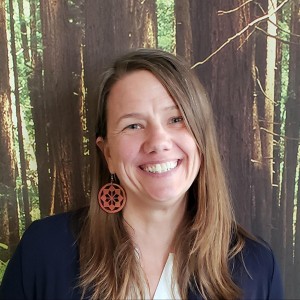
Kristen Shive
Department of Environmental Science, Policy, and Management
Kristen Shive will bring more than 20 years of experience in conservation, forest and fire management, and ecology to Rausser College when she joins ESPM as an assistant professor of Cooperative Extension in Forest & Fuels Management. She earned her master's in Forestry from Northern Arizona University and a PhD in Ecosystem Science from Rausser College in 2017. Her work broadly focuses on restoring fire to fire-adapted ecosystems, prioritizing areas for restoration, and understanding shifting fire regimes. Prior to returning to ESPM, Shive led the forest program science team for The Nature Conservancy’s California Chapter and was a Director of Science for Save the Redwoods League. She has also worked for the National Park Service in Alaska, California, and Wyoming, most recently as the Fire Ecologist for Yosemite National Park.
